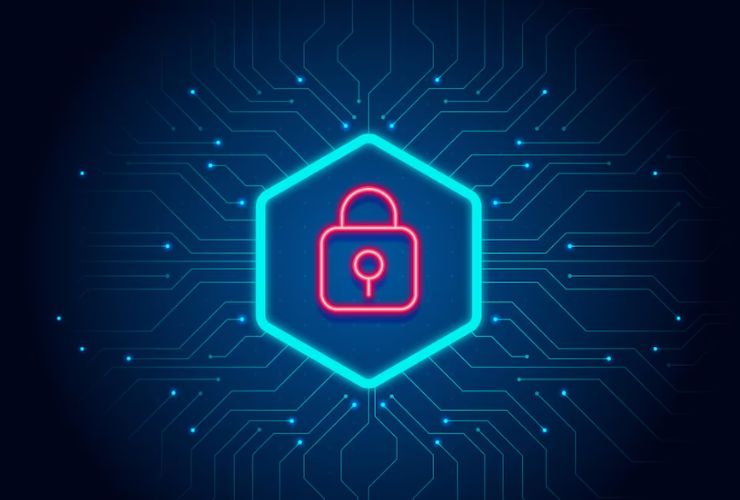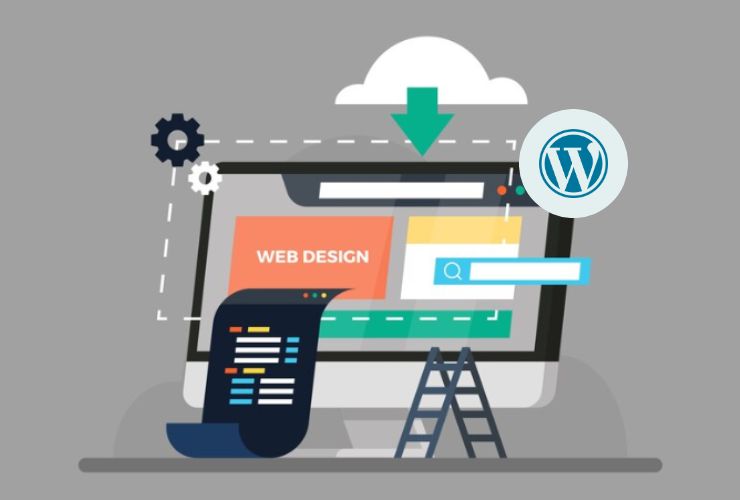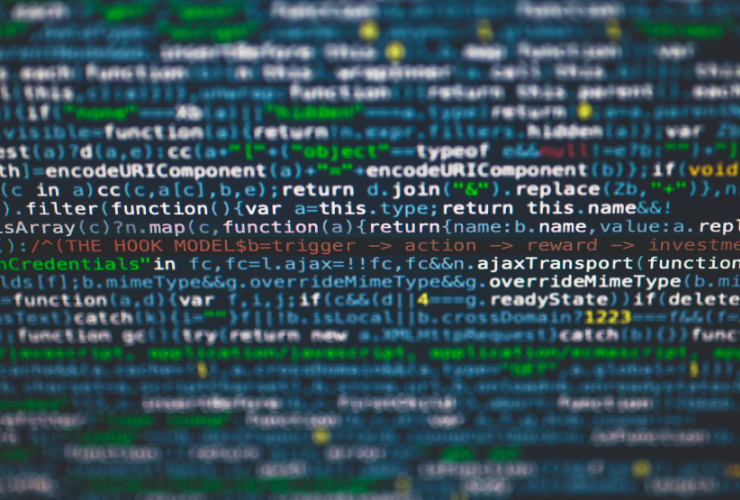Getting data privacy and compliance right has become more critical in today’s fast-paced digital world where information travels at lightning speed. Businesses, from platforms on social media to e-commerce websites, gather huge amounts of user data. Such information can be very potent for services and marketing strategies but is accompanied by immense responsibilities. In this blog, we’ll dive into why data privacy and compliance are crucial for both individuals and organizations in our digital landscape.
Why Data Privacy and Compliance Matter
Building Trust and Reputation
Data privacy and compliance form the core of establishing and maintaining trust between businesses and their customers. The more a customer is to share personal information, they are to be handed safely and responsibly. A breach or misuse of such information can easily damage that relationship, and companies find it pretty difficult to get the confidence back. Such strong commitment to data privacy and compliance not only enhances reputation but also promotes long-term relationships with customers.
Legal Compliance
Private data of each person is also under the strain of pressure created by all governments around the globe. Europe had a regulation by GDPR which stated some stern principles about business data handling. America has its regulation called CCPA and in India, there was PDPB. Failing to abide with such rules or regulations could fetch severe punishment where it might involve heavy penalties with court action involved. Companies must keep themselves updated with the rules and follow them to avoid negative results.
Protection from Data Breaches
Data breaches are becoming too common, and their impact is devastating for an individual and the organization. The hackers target such companies that are weak in their security measures; they gain unauthorized access to confidential information. Companies can establish strict security measures if they focus on data privacy and compliance, reducing the risk of breaches and the protection of customer data.
Compliance in Data Management
Designing Structured Frameworks
Privacy and compliance give an organizational framework that companies must follow about data management. Such a framework will include clear guidelines about data collection, storage, processing, and sharing. This way, by following such regulations, companies can ensure respect for the rights of individuals and proper handling of data.
Industry-Specific Compliance Standards
Industry-specific compliance regulations are followed. For example:
- Healthcare: HIPAA is a strong guideline that maintains the protection of patient information data.
- Finance: The Payment Card Industry Data Security Standard is the industry set of rules that allows for a secure way of handling payment data.
- Technology: ISO/IEC 27001 is the global best practice, giving guidelines on information security management.
- If businesses follow and implement industry-specific standards, then the business can achieve a global best practice for its data protection strategy.
Training and Awareness End
Training and awareness are developed by fostering privacy and compliance. Organizations have to train the staff about data privacy and compliance as well as measures in place for personal information. This is helpful for the identification of risks that can occur through continuous training, and they would know how to react in the best way.
Promotion of Continuous Monitoring and Improvement
Privacy and compliance are not a “check the box” type of task; they take time and patience. Organizations, thus, have to go on seeing their data practices and fine-tune accordingly. This proactive manner allows businesses to highlight areas of weakness and respond to the pace with which regulations and threats are changing.
Effects of Emerging Technologies on Data Privacy
Artificial Intelligence and Privacy
AI is changing industries, but also creates a new issue: privacy in data. AI algorithms sort through vast data sets to help improve business processes, but need to adhere to the regulations set by privacy so that user data isn’t being used in a manner that goes against their desires.
Cloud Security and Data Protection
With increased business migration into the cloud, ensuring compliance with data protection regulations becomes paramount. Cloud providers have to implement encryption, access controls, and compliance certifications to protect data.
Introducing Zero Trust Architecture
Zero trust security system assumes that a threat is both internally and externally imposed. Strict policies on identity checks, continuous surveillance, and limited access plans to sensitive information help in optimizing privacy and compliance.
Best Practice for Data Privacy and Compliance:
- Auditing: Review all the data-security measures of the current system against vulnerabilities.
- Key Encryption: Ensure that sensitive data remains safe from any unauthorized person.
- Adopt Multi-Factor Authentication (MFA): Enhance security by requiring multiple verification steps.
- Limit Data Collection: Only gather necessary user information to minimize privacy risks.
- Stay Updated on Regulatory Changes: Keep track of evolving compliance laws and adjust policies accordingly.
Conclusion
In the digital age, data privacy and compliance are more than just legal requirements; they’re vital for building trust and safeguarding individuals’ rights. Organizations must prioritize data privacy and compliance by implementing robust security measures, staying updated on regulations, and fostering a culture of awareness among employees. By doing so, they not only protect their reputation but also strengthen customer relationships and contribute to a safer digital environment for everyone













 Database Development
Database Development












































